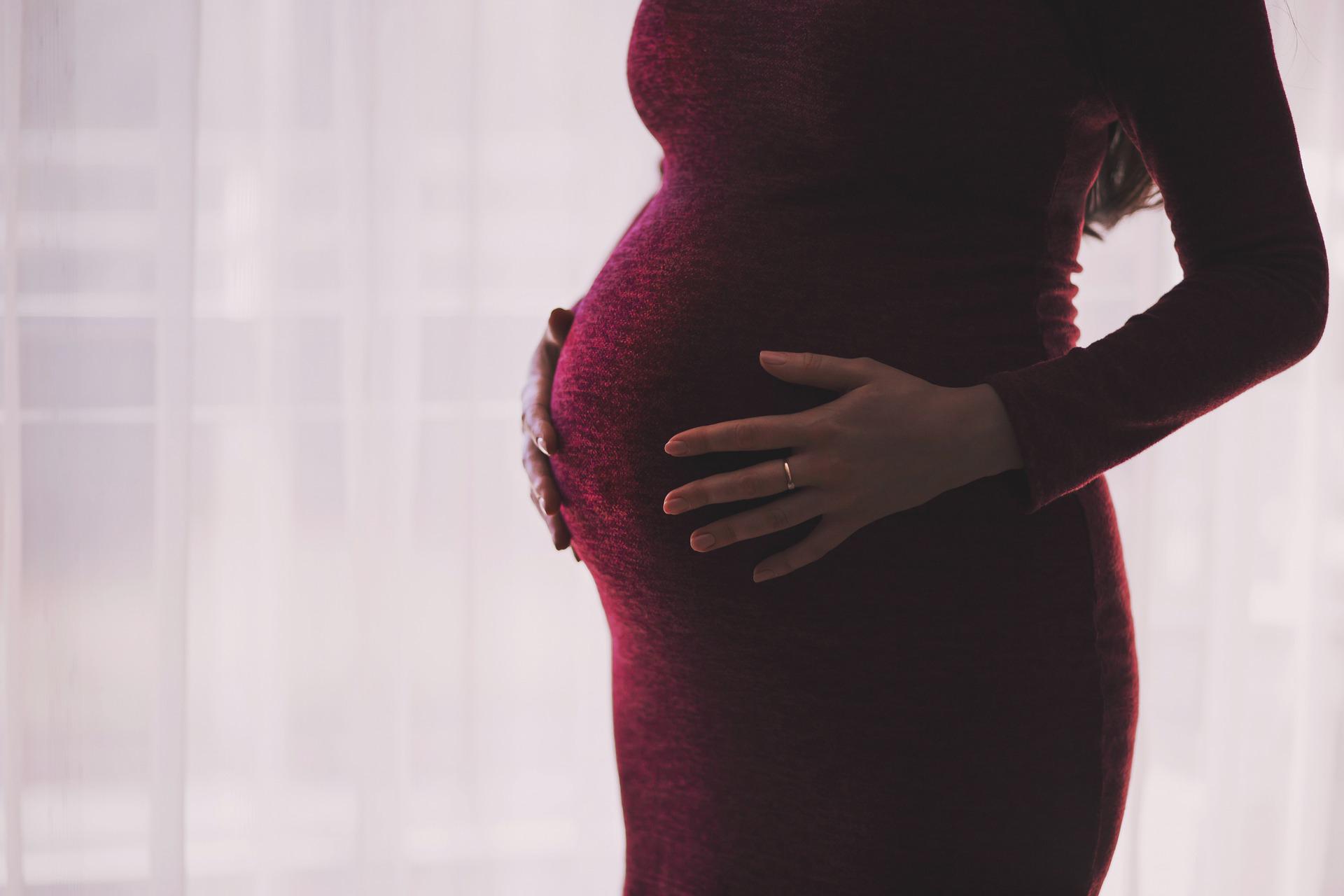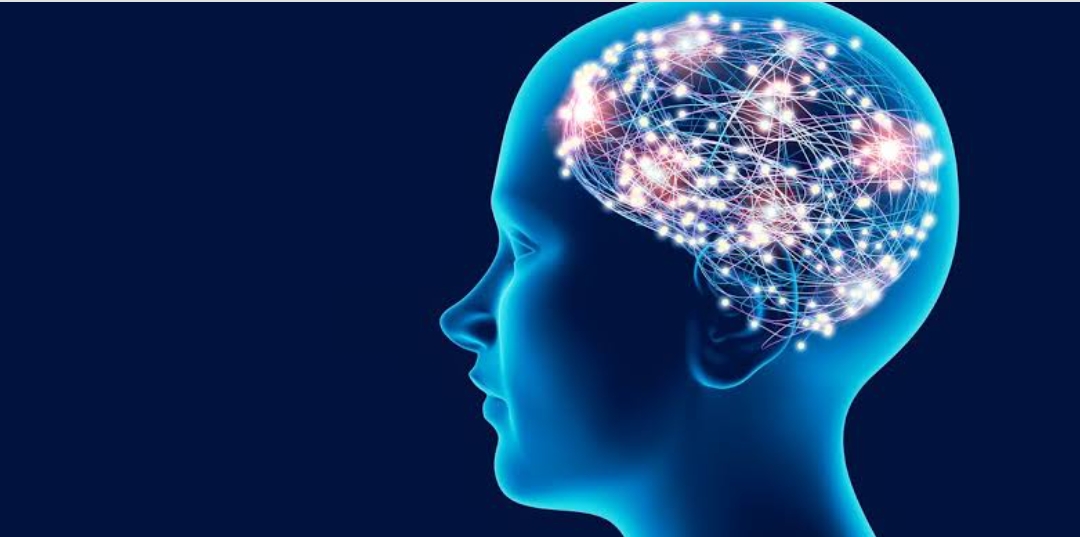
SARS‐CoV‐2 during pregnancy may be more likely to receive a diagnosis of a neurodevelopmental
SARS-CoV-2, the virus responsible for the COVID-19 pandemic, has affected millions of people worldwide. While most cases of COVID-19 are mild or asymptomatic, certain groups, including pregnant women, are at higher risk of severe illness and adverse outcomes. Recent studies have suggested that pregnant women with COVID-19 may be at increased risk of neurodevelopmental disorders in their offspring. In this article, we will explore the latest research on this topic and what it means for expecting mothers.
What are neurodevelopmental disorders?
Neurodevelopmental disorders refer to a range of conditions that affect the development of the brain and nervous system. These can include conditions such as autism spectrum disorder (ASD), attention-deficit/hyperactivity disorder (ADHD), and intellectual disability. These disorders can have a significant impact on a person’s ability to communicate, learn, and socialize with others.
What is the link between COVID-19 and neurodevelopmental disorders?
Several recent studies have suggested that there may be a link between COVID-19 during pregnancy and an increased risk of neurodevelopmental disorders in children. A study published in JAMA Network Open found that children born to mothers with COVID-19 during pregnancy were more likely to receive a diagnosis of ASD or ADHD by the age of 3. Another study published in Nature found that pregnant women with COVID-19 had a higher risk of preterm birth and that preterm birth was associated with an increased risk of ASD and other neurodevelopmental disorders.
While the exact mechanism behind this link is not yet clear, it is thought to be related to the impact of the virus on the developing brain. The virus can cross the placenta and infect the fetus, potentially causing inflammation and other damage. This can disrupt normal brain development and increase the risk of neurodevelopmental disorders.
What are the implications for expecting mothers?
These findings have important implications for expecting mothers, as they suggest that COVID-19 during pregnancy may have long-term effects on their children’s health and development. While the risk of neurodevelopmental disorders is still relatively low, even a small increase in risk could have significant consequences for affected children and their families.
The good news is that there are steps that expecting mothers can take to reduce their risk of COVID-19 and its potential impact on their children. These include following public health guidelines such as wearing a mask, practicing good hand hygiene, and avoiding large gatherings. Pregnant women should also discuss their concerns with their healthcare provider and seek appropriate medical care if they develop symptoms of COVID-19.
What about vaccines?
One of the most effective ways to reduce the risk of COVID-19 during pregnancy is through vaccination. COVID-19 vaccines have been shown to be safe and effective for pregnant women and their unborn children, and the Centers for Disease Control and Prevention (CDC) recommends that pregnant women receive the vaccine. Vaccination can not only protect the mother from severe illness but can also pass on protective antibodies to the fetus, reducing the risk of infection and its potential impact on neurodevelopment.
Conclusion
While the link between COVID-19 during pregnancy and neurodevelopmental disorders is concerning, it is important to remember that the risk is still relatively low. However, the potential long-term effects on affected children and their families underscore the importance of taking steps to reduce the risk of COVID-19 during pregnancy. This includes following public health guidelines, seeking appropriate medical care if needed, and considering vaccination. By taking these steps, expecting mothers can help protect the health and well-being of their children and future generations.
Visit DocMode for Courses and lectures
















